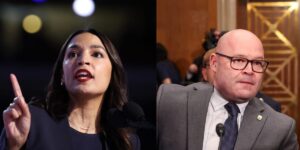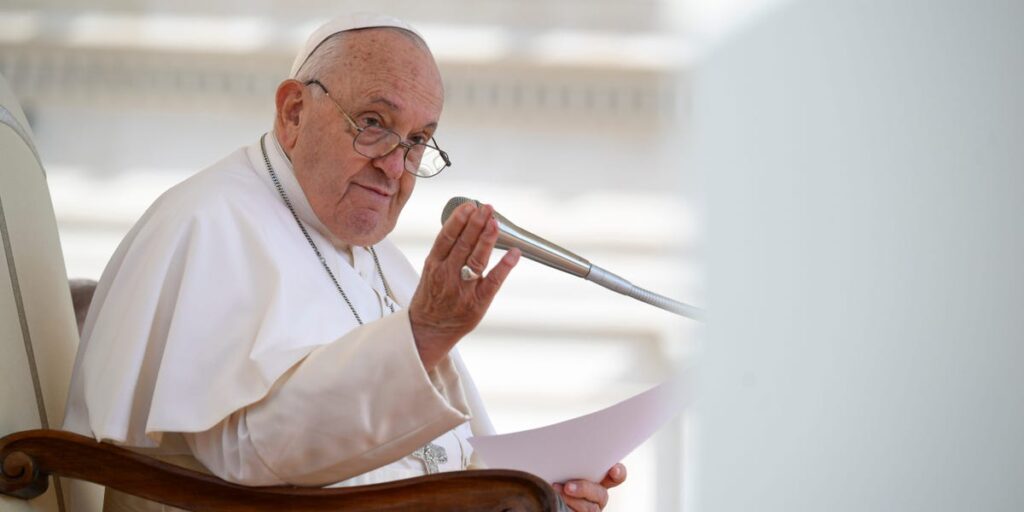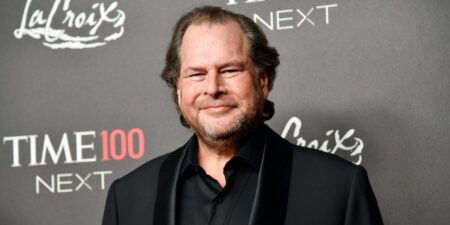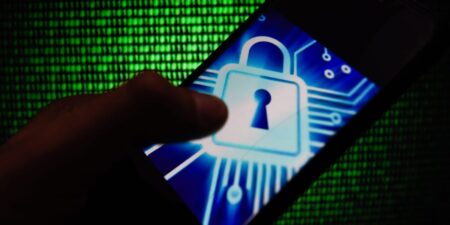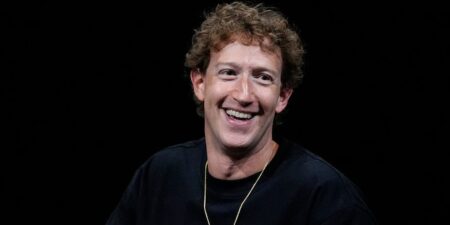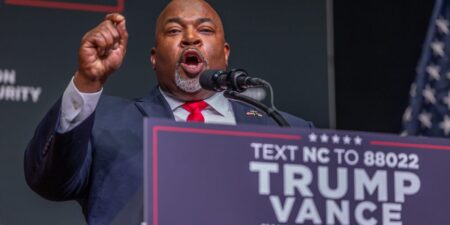It’s not the figurehead you’d expect for the universal basic income movement, which is mostly driven by tech CEOs in Silicon Valley, but it’s the one with by far the most followers: Pope Francis.
Pope Francis has advocated for a universal basic income, or UBI, for several years. He first announced his support in 2020 when he wrote in a letter to leaders of prominent social movements that it “may be the time to consider a universal basic wage which would acknowledge and dignify the noble, essential tasks you carry out.”
“It would ensure and concretely achieve the ideal, at once so human and so Christian, of no worker without rights,” he wrote.
The Pope said in that letter that some of the lowest class members of society “have been excluded from the benefits of globalization” and often slip through the cracks of existing labor protections.
It wasn’t a passing thought. Pope Francis continues to talk about it, most recently on Friday during a meeting with members of Popular Movements — a group of leaders of grassroots organizations from five continents. The Pope told them that UBI, in the age of AI and automation, should not just be considered “compassion” but “strict justice,” according to The Vatican.
A basic income — recurring, unconditional payments — falls into two categories: universal and guaranteed. The latter targets specific groups of people, usually low-income or other vulnerable communities. A universal basic income would go to all citizens, regardless of their economic status.
Both programs allow recipients to spend the money however they want. That’s different than government assistance programs like SNAP, which forces recipients to use the cash on things like food and healthcare.
A basic income is popular among the Silicon Valley crowd, which believes many people could lose their jobs to AI in the future.
Almost 12 million Americans in jobs with shrinking demand will have to switch jobs by 2030, according to a McKinsey analysis published in July. Researchers said AI is a key reason for the shift, estimating that 30% of hours worked in the United States could be automated by 2030.
The Vatican did not immediately return a comment request from Business Insider about The Pope’s support for UBI.
Read the full article here






